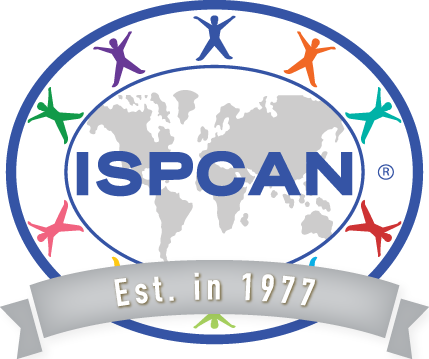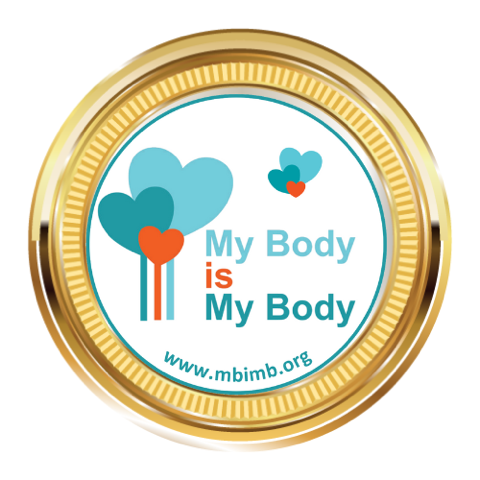Amplifying our Voices to Advocate for Change
SIGN ON TO RAISE AWARENESS
Together with our members and partners we advocate for change:
- Raise awareness
- Data and evidence must shed light on child protection issues
- Policies and laws change when governments are educated
- Funding for public health programs can become priorities
No one institution, organization or government can tackle critical issues in isolation; it is only through working in partnership that we can work towards eradicating violence against children.


ISPCAN brings together the country, regional and global organizations with the influence, expertise and resources required to transform how child abuse and neglect is prevented worldwide.
By taking a public stand on key issues, we strive to deliver real change through a broad coalition of dedicated multidisciplinary partners dedicated to the protection of children everywhere.

Current Advocacy Statements
Children in Armed Conflict
ISPCAN and partners stand together to advocate to end any war fighting in civilian neighborhoods where child rights are at risk. Caregivers experiencing trauma also need help to support children. No matter where or why, the horrors of war and civil unrest affect all of us. ISPCAN stands for peace and diplomacy, not acts of war or violence, where children are the ultimate victims. In situations of humanitarian crisis, caregiving is severely compromised as parents must deal with their own trauma while providing basic support to their children. For caregivers in these areas, please find UNODC tools and resources that have been developed over a decade during various crises to help children and families. With our partners from UNODC, WHO, the University of Oxford, ISSOP, the University of Manchester, and Parenting for Lifelong Health we recommend these practical resources that are critical for the care of children.

Action Needed:
Children should not be affected in the middle of armed conflict or used as pawns. The short term harm and long term morbidity and risks for child abuse escalate exponentially in these situations, as do their chances of becoming orphans. Please sign our petition to end the violence in civilian areas in war and supporting caregivers through this trauma. Ultimately caregivers must have the tools and resources to help children to mitigate further harm.
Guidelines for Public Statements on Behalf of ISPCAN
What is the topic, event, or current situation that we are addressing?
- Using a strong, powerful, and direct language to communicate what specifically is taking place
- Outline the specific impact of the event or situation to tell the reader why they should care.
- Outline the outcome if action is not taken
- Communicate the magnitude of the situation – how this further impacts other regions, groups, the rights of others, the UN Conventions on the rights of the Child, etc.
What is the direct call to action?
- Communicate a direct call to action so that the statement tells the reader exactly what action we are asking them to take
- Do we want them to click on a link via ISPCAN website or ask them to sign up to a petition to show their concern on this matter?
- For key partners are we asking to use their logos on the statement to show their collaboration on the statement?
- Do we want them to donate money to a specific NGO that is partner of ISPCAN working to improve the situation?
- Are we asking them to contact their governments, their local policy makers, or key stake holders in the regions to demand action?
Identify the critical time frame for action using time-sensitive language like the examples below:
- Time is running out.
- Children are losing their lives every __ minute, __ hour, ___ Day (give facts).
- For key partners are we asking to use their logos on the statement to show their collaboration on the statement?
- We need to act NOW.
- This situation becomes more critical daily.
Where are we directing the message?
- Governments – if so which ones and for what purpose?
- NGO’s and Civil Societies
- The media
- Key Partners and Stakeholders innvolved in this issue and what specific role do involved partners play?
- Use of their signatures and logo’s
- To release our statements within their networks
- To create a joint statement on behalf of both organization (or multiple organizations)
Previous slide
Next slide











